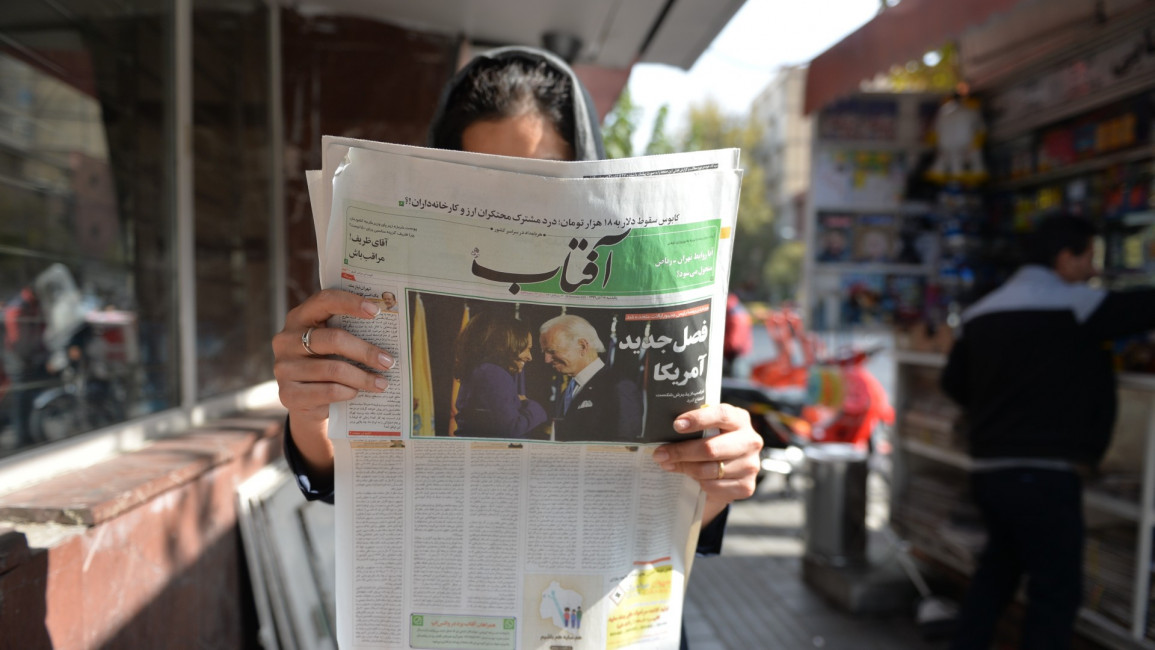Gulf Arab states and Israel have reportedly floated the idea of being present in the future negotiations, both in private and in public.
The United Arab Emirates' ambassador in Washington, Yousef Al Otaiba, contended in an interview with Politico that the US need not choose between the interests of its European and Middle Eastern allies.
Rather, al-Otaiba argued, Washington should "maintain strong relations with all its partners in Europe and the Middle East and show up with both groups at the negotiating table.”
Otaiba's words were reportedly echoed by ambassadors of other states opposed to a renewed nuclear deal. Bringing them on board, they argue, would stregthen the US negotiating position.



